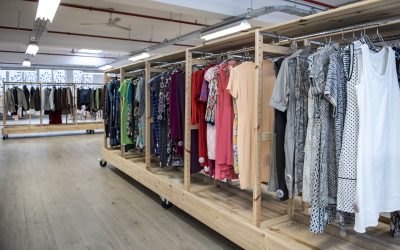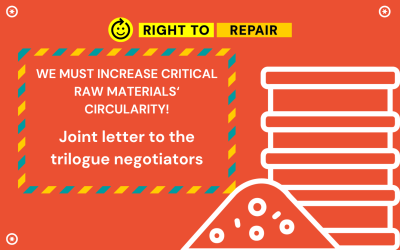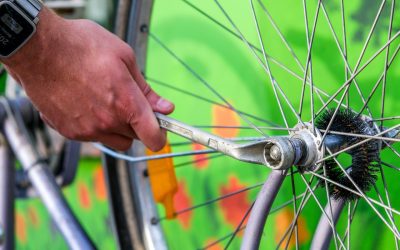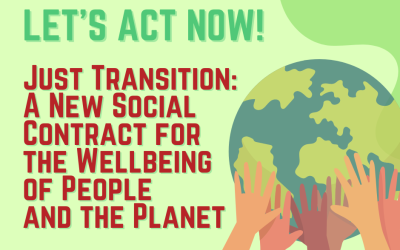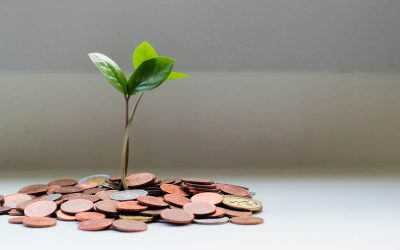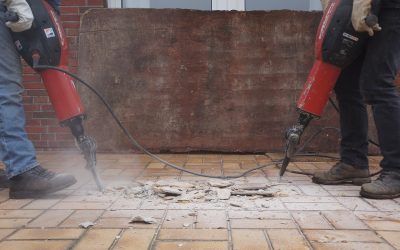Publications
RREUSE joins the EU Commission in Call for Commitments for stakeholders in the textiles ecosystem
RREUSE is pleased to announce the submission of its commitments as part of the Textiles Ecosystem Transition Pathway, which aims at collecting commitments from stakeholders on the concrete actions to support the transition and resilience of the textiles ecosystem.
RREUSE’s feedback on a call for evidence on Textiles Labelling rules revision
As the European network of social enterprises active in repair, re-use and recycling, RREUSE welcomes the European Commission’s (EC) intention to evaluate and review the Textiles Labelling Regulation (TLR). The last partial assessment dates back to 2014 and contains persistent issues.
Letter to the EU: We must increase Critical Raw Material circularity!
RREUSE contributed to the drafting of an open letter by the Right to Repair Coalition that highlights the importance of including ambitious circularity provisions within the Critical Raw Material Act. This call to action comes at the start of the inter-institutional negotiations on this piece of legislation.
How Inclusive Skills Can Boost the Circular Economy: Recommendations from Social Enterprises
RREUSE has published a new Position Paper highlighting data on skills from its network and policy recommendations for the 2023 European Year of Skills. Social enterprises carry a long tradition of providing inclusive circular upskilling and reskilling to vulnerable groups. They foster manual circular skills necessary for a circular economy, social cohesion and job creation.
Aligning funds to address both social and circular goals
RREUSE has responded to the call for evidence regarding the mid-term evaluation of the EU funding for the environment and climate action. The evaluation will cover the period 2021-2024 and will focus on whether the LIFE programme is achieving its objectives and strategic focus.
Social enterprises and circularity can help reduce buildings’ carbon footprint
RREUSE has responded to the public consultation regarding whole life-cycle carbon (WLC) emissions in the buildings sector. The European Commission initiated the consultation on a roadmap it intends to develop in this area, in pursuit of climate neutrality by 2050. Current EU policies primarily focus on energy efficiency to reduce operational emissions. Yet, reducing emissions from construction, renovation, maintenance, and demolition activities is essential to achieve climate neutrality.
How to reduce our dependency on critical raw materials by stimulating circularity
RREUSE, ECOS, and Deutsche Umwelthilfe produced a joint position paper on a reducing our dependency on Critical Raw Materials, which was submitted as answer to the consultation following the publication of the Regulation. Critical raw materials are used in a growing array of products, including renewable energy technologies, electronic and electrical equipment, and batteries for electric vehicles.
Call to Action | Just Transition: A New Social Contract for the Wellbeing of People and the Planet
RREUSE joined forces with many other organisations to release a Call to Action for the Just Transition. The organisations call on European Ministers for Environment and Energy, as well as other EU and national level decisionmakers, to complement the implementation of urgently needed, ambitious environmental and climate policies with robust social policies that protect marginalised people primarily and the regions suffering disproportionately from the transition, whilst guaranteeing access to high-quality essential services for all. They call on them to show bold and forward-thinking political leadership by prioritising the promotion of climate action and social justice as one coherent and mutually reinforcing agenda.
Navigating The Cost-Of-Living Crisis: Impact on the Re-use Sector and Social Enterprises’ response at the frontline
The current cost-of-living crisis has had a significant impact on households across all Europe. With rising inflation, the cost of basic goods and services is increasing at a rate that outpaces wages, leaving households struggling to make ends meet. According to a European Parliament Eurobarometer survey, 93% of Europeans are worried about the rising cost of living1. Higher prices contribute to general uncertainty. As a matter of fact, the threat of poverty and social exclusion has now become the second most pressing concern for 82% of Europeans, according to the same survey.
RREUSE’s feedback on the 2040 EU Climate Target
With the opportunity to provide feedback on this consultation, RREUSE supports the establishment of an intermediate climate target for 2040 under EU law, highlighting the role of the circular economy in achieving climate goals while guaranteeing a just transition for all and creating economic opportunities.
Joint Statement: EU Social Economy Networks call for better State Aid’s SGEI de minimis rules
RREUSE joins partner EU networks of social economy and social service providers in submitting proposals for better State Aid rules for social economy actors and social service providers in the recent public consultation for the future version of the SGEI de minimis Regulation opened by the European Commission.
RREUSE’s Briefing on the Construction and Demolition sector
The construction and demolition sector is one of the most material-intensive industries and one of the largest contributors to waste production in the EU. In fact, it has become the largest waste stream in Europe, accounting for more than a third of all waste generated. To increase circularity in the sector while creating social employment, some social enterprises from the RREUSE network have been active in the re-use of building components. This briefing outlines the importance of these activities carried out by social enterprises.


